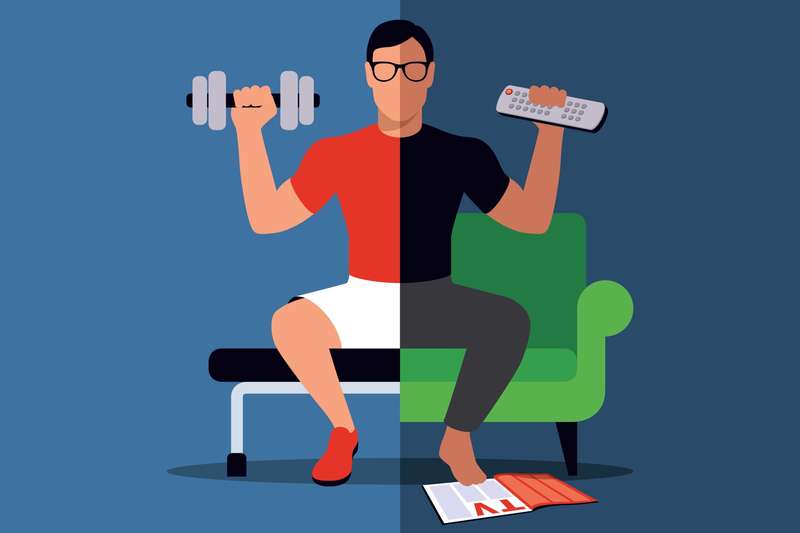Forget the idea that to lose weight you just need to work off more calories than you consume. The truth is far weirder

Patrick George
A SIMPLE calculation lies at the heart of a lot of mainstream weight loss advice. If calories out exceed calories in, you will lose weight. It is why both exercise and diet are said to be key to staying trim, and why many of us feel we can make amends for overindulging by joining the gym or dusting off our running shoes.
But if you have ever increased how much exercise you do and found it did little to shed the pounds, you have probably had an inkling that the sums don’t add up. Despite tipping the balance in favour of calories out, the scales don’t budge. This is the so-called exercise paradox. Until recently, it has been explained away by the logic that exercise leaves people hungry so they eat more.
It now turns out something weirder is going on. Working out a lot doesn’t appear to burn more calories than doing a little. In fact, going mad in the gym doesn’t seem to burn any more calories than moderate activity a few days a week and taking the stairs, for instance.
Researchers are scratching their heads as to how to reconcile this. And while it might be bad news for those who had hoped to run off those festive dinners, there is a flip side. Those who exercise intensively through a sense of guilt or obligation might be happier, and possibly wealthier, taking it easier.
Some of the biggest clues that something was up with the exercise and weight loss equation lie far from the gym, on the plains of Tanzania. Here, …
